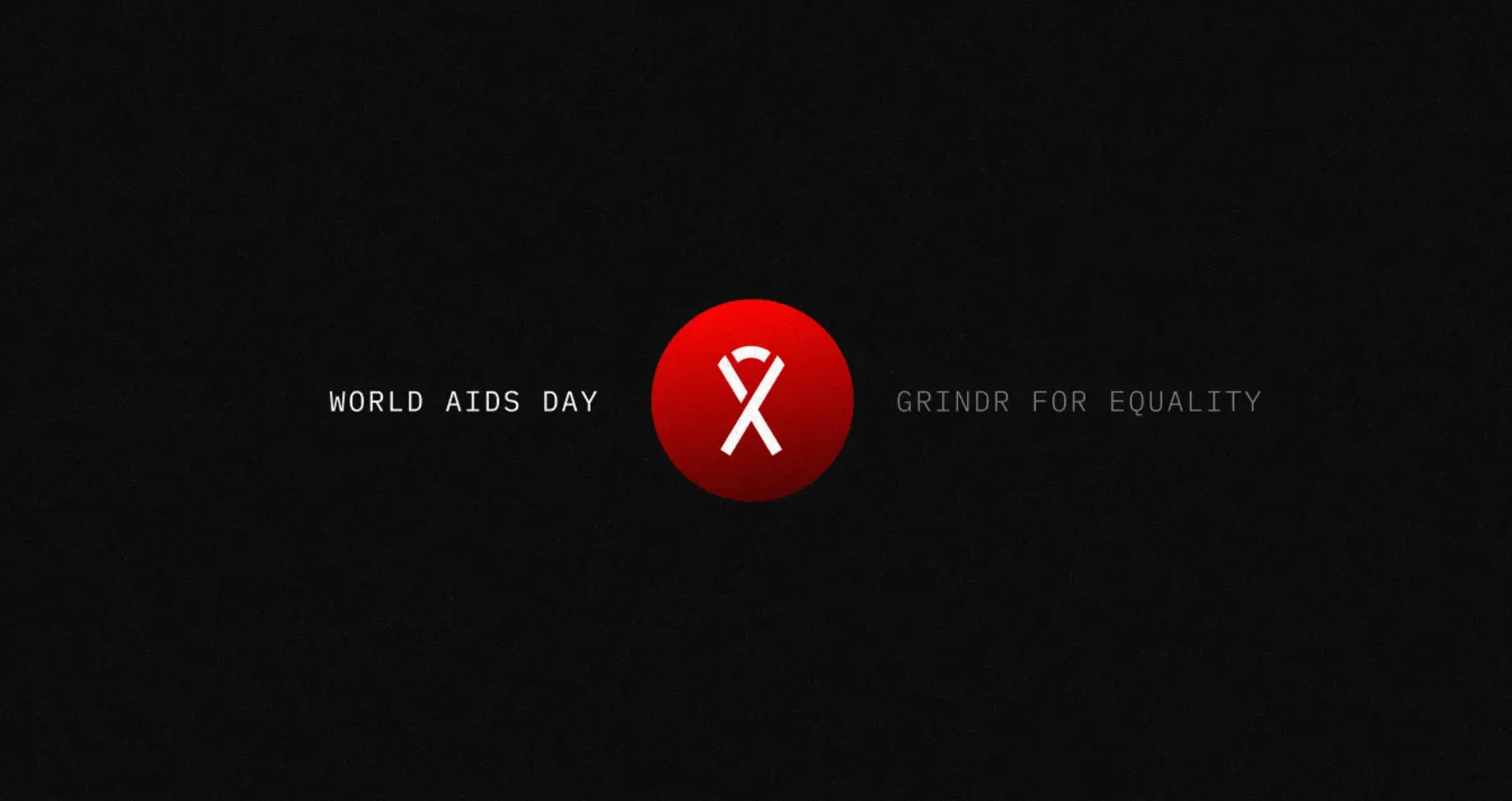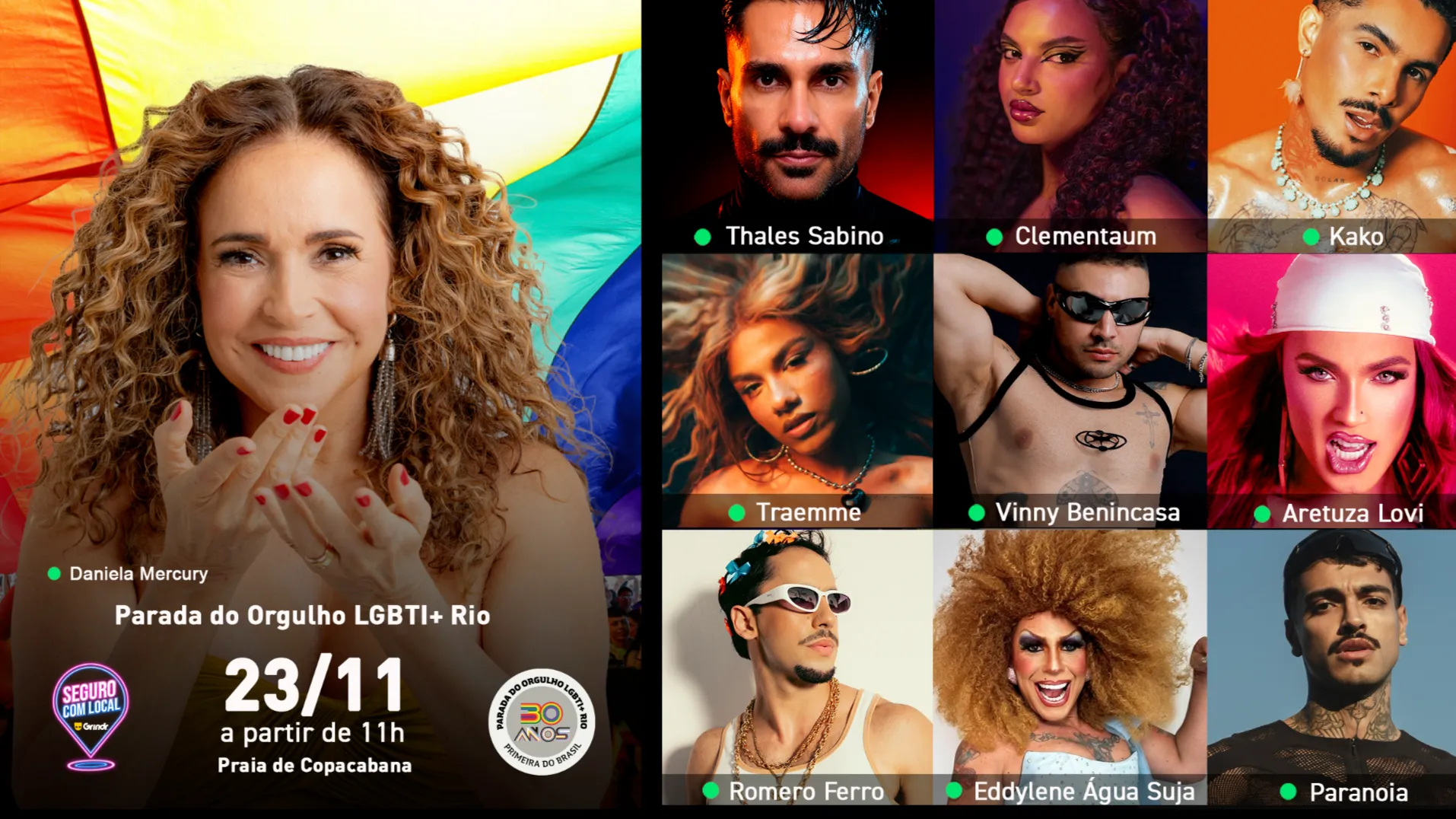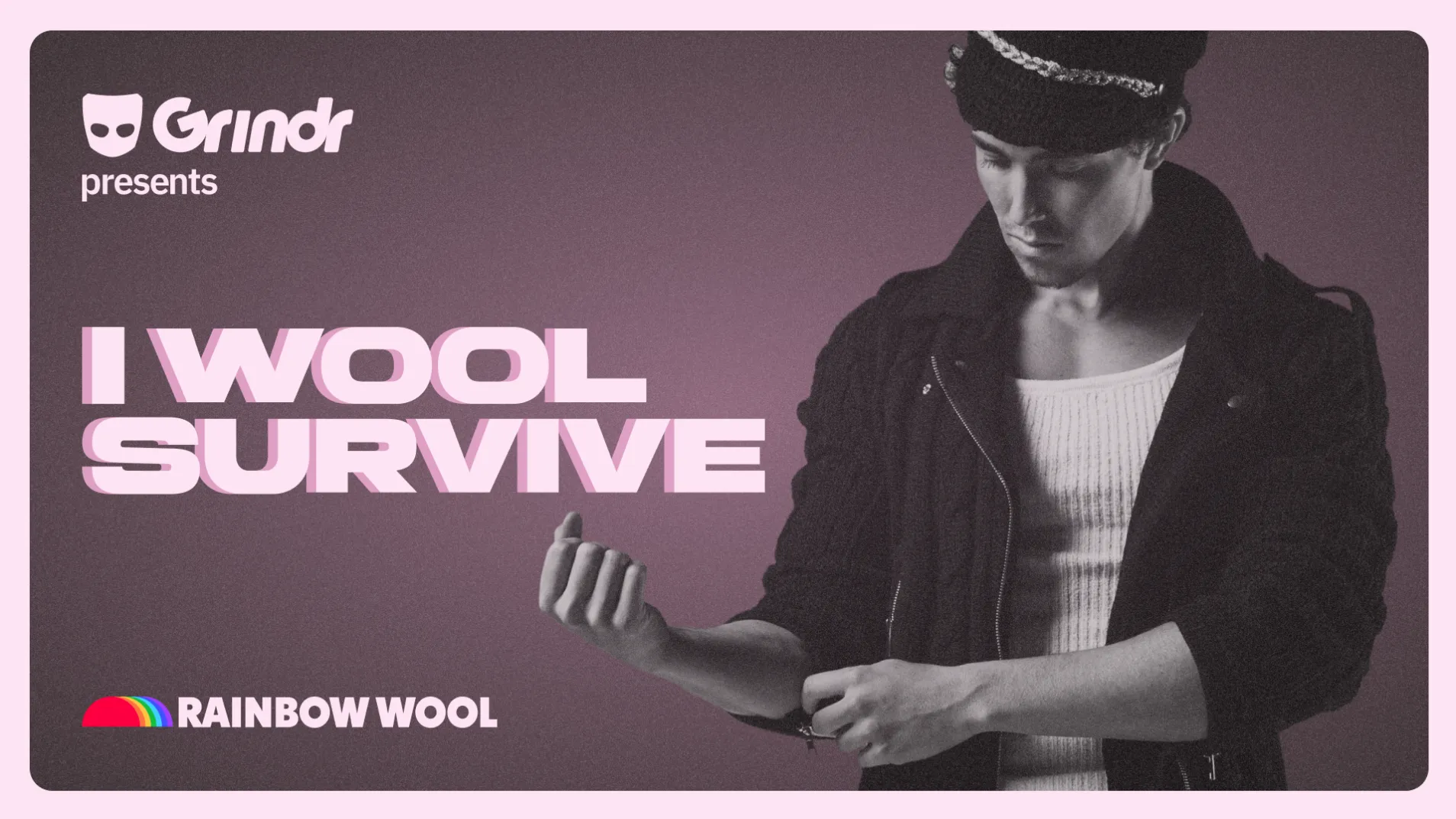Gender Apathetic: Exploring the Meaning Behind Apagender

You know those friends who are super agreeable and very go-with-the-flow? They’re content with any outcome and can’t really be disappointed. It’s not that they don’t care; it’s just that they’re very, extremely chill.
That’s what gender apathetic people are like — at least about gender. Gender apathetic (aka apagender or inersgender) folks don’t really mind what gender or sex they’re perceived as. Although it’s considered a nonbinary identity, this LGBTQ term avoids putting a person into any particular box.
A quick refresher on gender identities
Here’s the deal. Gender identity is important to many people. Like, it really, really matters. And that’s awesome! If you’re sure about being a man, and that is a core component of your identity, then you go, bro. Other people may only identify partially with a gender (like a demiboy or demigirl) and fall somewhere in between. And some might pick option D, “all of the above,” on a demographic survey.
However, agender people consider the gender spectrum an afterthought when it comes to their self-image — if it’s even a thought at all. He? She? They? You can call them anything you like; just don’t call them late for dinner.
Being a man, woman, or nonbinary person signifies a cultural role, but it’s also a deeply personal distinction. Gender expression comprises various hairstyles, clothing choices, mannerisms, and even speech patterns that combine to communicate one’s gender identity. For some people, those signifiers just don’t matter at all. And that’s totally cool. Or just, like, whatever, dude.
What pronouns should you use?
One of the primary ways people express and experience their gender identity is via their pronouns. Pronouns are like little mini marquees people use to announce to other people who they are and what their gender is. As you might imagine, gender apathetic people don’t typically feel too strongly about pronoun usage. Overall, they’re generally happy to be referred to by any and all pronouns.
However, the best way to know which pronouns someone would like you to use is to ask them. Whether it’s a new friend, a casual hookup, or someone you’ve known for a while, it’s never too soon or too late to say, “Hey, I don’t think I’ve asked this before, but what pronouns do you use?” It’s as easy as that.
When it comes to pronouns, you’re likely already familiar with the big three, but some nonbinary people use unconventional gender-neutral pronouns like ze or xe. Here’s a little refresher, just in case:
- he, him, his, and himself
- she, her, hers, and herself
- they, them, their, theirs, and themself
- ve, ver, vis, and verself
- ze/zie, hir, hirs, and hirself
- xe, xem, xyr, xyrs, and xemself
{{video-inline-cta}}
Gender apathetic vs. other genders
Of course, apagender isn’t the only nonbinary gender identity around. Now that you’ve got the gender apathetic meaning down, let’s explore a few other genders and how they compare to gender apathy.
Agender
This nonbinary identity is the easiest one to confuse with apagender, and not just because they both start with the letter A. Whereas apagender folks don’t have strong feelings about gender and are comfortable being perceived as any gender, agender individuals have no association with gender and don’t wish to experience or express any gender at all.
Genderqueer
Genderqueer has a more genderal definition. (Don’t mind the pun.) Folks who identify as genderqueer can be thought of as little gender rebels — people who are interested in challenging the gender binary through self-expression and identification. Whereas apagender folks don’t feel connected to any gender, genderqueer people may experiment with many gender presentations.
Genderfluid
Genderfluid individuals are like genderqueer people who just go with the flow. Their gender may change over time and fluctuate across the gender spectrum.
Don’t confuse their ambiguity for apathy, though. Unlike gender apathetic or agender folks who don’t associate with any gender, people who are genderfluid may identify with many genders throughout their lives.
Aliagender
People who identify as aliagender are nonbinary and express their gender as “other.” They don’t exist on the man–woman spectrum but on an entirely different axis. Unlike apagender or agender, aliagender folks often have a strong sense of gender identity.
How to recognize if you are gender apathetic
Everyone has a different relationship with their gender and sexuality, and interactions with other people may emphasize that difference. If you’ve ever had questions about your gender, you’re not alone. Here are a few questions you can ask yourself to sort out your feelings about gender:
- Is gender an essential part of my identity? This may feel like an obvious question, but gender is such a ubiquitous part of how we navigate the world that many people never stop to consider whether it actually matters to them.
- Do I identify with the gender I was assigned at birth? If the answer is “Yes” or “Hell no!” then you clearly have some strong opinions. But if you land on “Meh,” you might be agender.
- What are my pronouns? Do they change? Using various pronouns doesn’t necessarily mean you’re apagender, but it might indicate your perceived gender isn’t static (or important to you at all).
- Does it bother me if I’m misgendered? We’re not asking whether you care when your friends throw an occasional “Girl, please” your way when you get messy at the bar; we mean, do you care if people genuinely confuse you for a gender other than the one you identify with? If not, you may have a more gender apathetic outlook.
- What does gender mean to me? For some people, gender identity is incredibly important; for others, not so much. Ask yourself which camp you fall into to help you understand gender’s impacts on your identity.
Alternatively, if none of these questions interest you, you’re probably on the right track.
Gender apathetic flag
Just like trans folks, lesbians, asexual people, and many other members of the LGBTQ community, gender apathetic people have a flag to represent their identity. There are several versions of the apagender flag, but the most common version — created in 2014 — includes brown, blue, white, and gray stripes.The brown stands for apathy, the blue for sloth, the white for lack of gender, and the gray for confusion.
Throw your hands in the air like you just don’t care
Whether you identify with gender apathy or think gender is a core component of your identity, the most important thing you can do is respect other peoples’ gender identities and gender expressions.
On Grindr, there are over 50 gender identities to choose from, ensuring you represent yourself as accurately as possible and find other people you’re excited about meeting. If you don’t see the term you’re looking for, just ask us; we’re always adding more to ensure the Grindr community is welcoming for everyone.
Download the Grindr app today and find other app-athetics in your area.










.jpg)


.jpg)
.jpg)











